SYNOPSIS:
In 1974 Yorkshire, the Maynard family moves into a new home with dreams of solidarity and rejuvenated unity. Before long the frequent power outages unveil a most dastardly, unholy presence. Will the Maynards’ be able to coexist within a crumbling circumstance and cope with the very terror before their eyes or will they succumb to the evil that lurks in the darkness When The Lights Went Out?
REVIEW:
Directed By: Pat Holden
Starring: Kate Ashfield, Nicky Bell, Tasha Connor, Steven Waddington
I have to first confess that I broke one of the carnal critic commandments before embarking upon this review. I was curious what other people thought of the film. I was rather shocked at how negatively the film was received. In my humble opinion any other recipient of this film had to have been dramatically desensitized towards paranormal themed horror or simply wasn’t watching the very same film I was.
Pat Holden, the writer and director who incidentally makes me snicker every time I see his name. Somehow the name seems more synonymous with an adult entertainment marquee than horror. That being said the laughs are completely off once the action begins to role. When The Lights Went Out has all the delicious ingredients of what makes a delectable bona fide feast in terror. Allegedly based upon a true story in Yorkshire, 1974, there’s very little room for skepticism. There’s no question the UK holds thousands of years of history and anyone privy to the culture and background will realize the chance of a genuine haunting to exist is likely greater than not.
The story may begin a little on the slow side, seem contrived and predictable. We get a glimpse into the Maynard family and the workings of all of their dysfunction. They’re hardly a cohesive unit, have difficulty getting along but at least can almost unanimously agree a new start on life is precisely what the doctor had ordered. Some breath taking cinematography captures their travels from previous town to moving day. A little character development is utilized with some whimsical British dialogue that will undoubtedly cause the rest of us westerns to giggle unabashedly. The expression Sod Off is one I fully intend to work into my regular vocabulary. Granted the family does seem a little bit flippant or indifferent to the surreal, eerie occurrences around them at first. They don’t seem all that surprised or react quite the same as you or I. Then again I kept reminding myself of the philosophy I often offer nay sayers of the horror genre while in midst of heated debate. Until you’re in the exact same predicament how do you know exactly how you would react? Ultimately the family is excused for not coming completely undone at the hands of their bizarre observations. Make no mistake about it the terror persists, relentless upon creating sheer horror.
It isn’t often I’m treated to a genuine moment of dread, unease or even jolt from the stings or pangs offered in horror films of today. I may have become a little too cynical in my old age or the fact that I’ve reviewed close to fifty titles last year alone for review not including the films I absorb for personal consumption. I will say this about Holden’s endeavor, I did indeed jump in unanticipated shock. The mystery remains if I actually yelped like a girl scout or not. The stings are delivered with a powerful punch. Timing is the key with such practices and a formidable special effects and make up crew contribute to an effort well worth the applause. Some may argue they’ve seen the same in Poltergeist or The Exorcist, The Grudge or even the far, far more inferior Paranormal Activity franchise but I strongly disagree. After all When The Lights Went Out is based upon a true story so the terror that lies within is supposed to be an actual account of the events that had transpired.
For those who are fans of nostalgia, you’ll certainly get a kick out of just how well the time frame is depicted. The gaudy furniture, loud and crass apparel, rebellious hair styles and even the music, local pop sensation Sweet in particular are all components to illustrate a more believable time.
The acting is certainly of noteworthy consequence. We get a true feeling of empathy for the Maynard family and the interpersonal relationships that exist with a dysfunctional unit. There’s Jenny who’s a strong, independent mother of the household. Keep in mind this is a time frame where woman’s liberation was still a relatively new concept for society. She grapples to keep her family as one while turning a blind eye to the ominous occurrences under her new roof. There’s Len the head of the household which seems more content on blaming his daughter Sally for her insolence and lack of maintaining a harmonious lifestyle. He ultimately succumbs to going to the pub nightly to guzzle stout with his mates than face the very real problems at hand. Then of course there is Sally the alienated misfit who’s new to the community, school and neighbourhood. She’s often rejected, ridiculed and bullied and has only one confidante. It’s creepy to see her vulnerability exploited by the entity as a result, the makings of a very sinister possession to be reckoned with.
To fully appreciate When The Lights Went Out I’d recommend watching alone, perhaps in a candle lit room with stereo sound, Ouija board optional. Then again if you’re anything like me, I highly doubt you’ll need it.
-Four out of Five Tombstones
When the Lights Went Out (2012)
 Horror News | HNN Official Site | Horror Movies,Trailers, Reviews
Horror News | HNN Official Site | Horror Movies,Trailers, Reviews
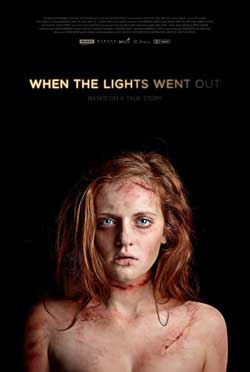
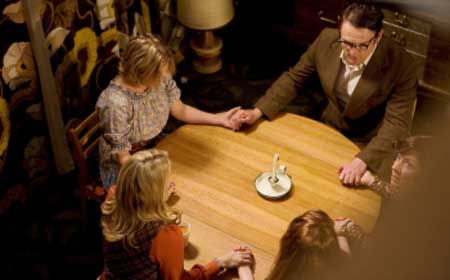
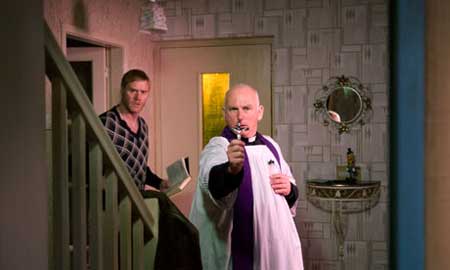
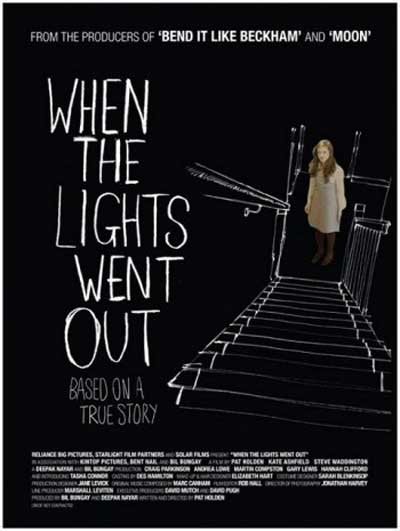
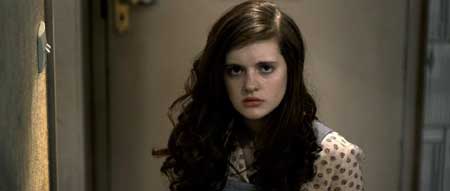
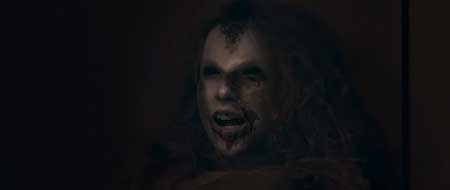
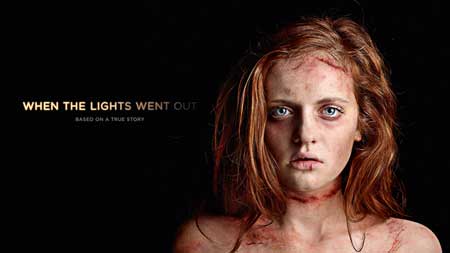
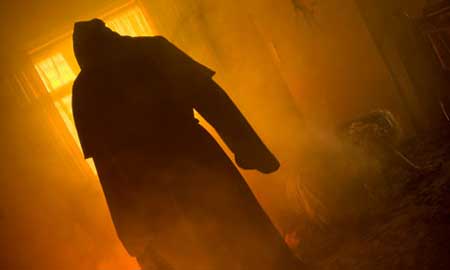

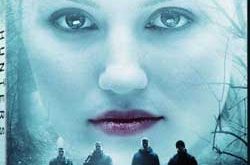
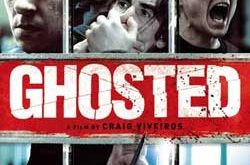
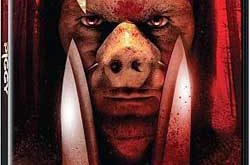
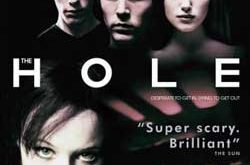
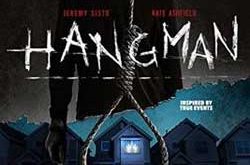
I have this one lined up to watch. Can’t wait. Good review! Thanks.